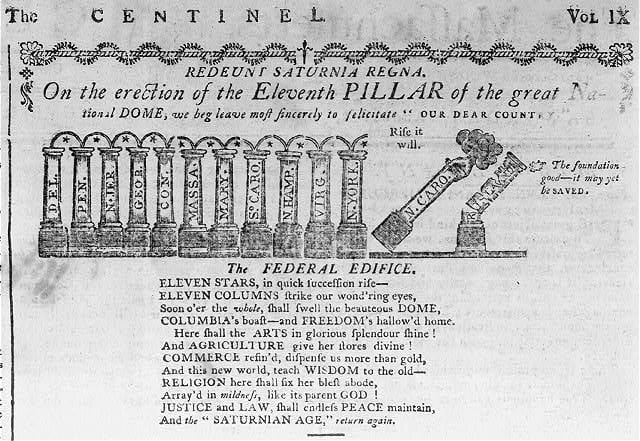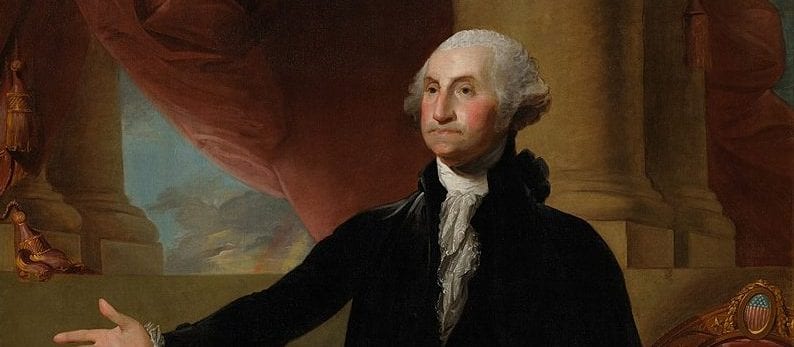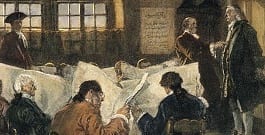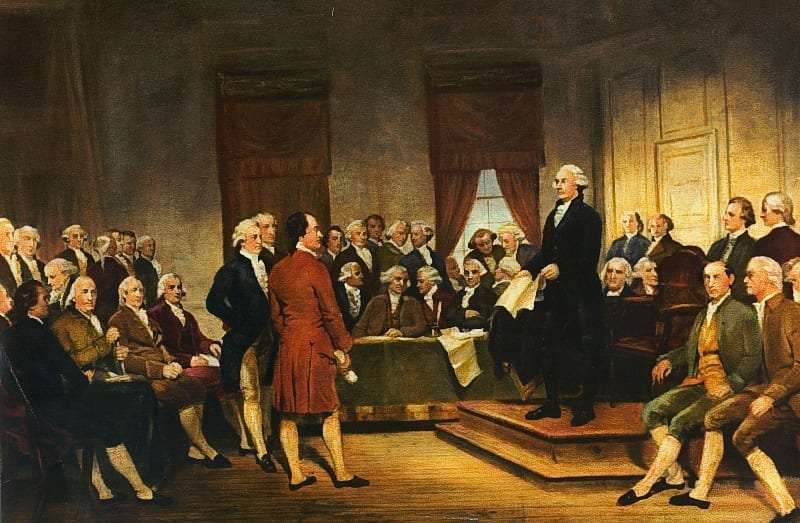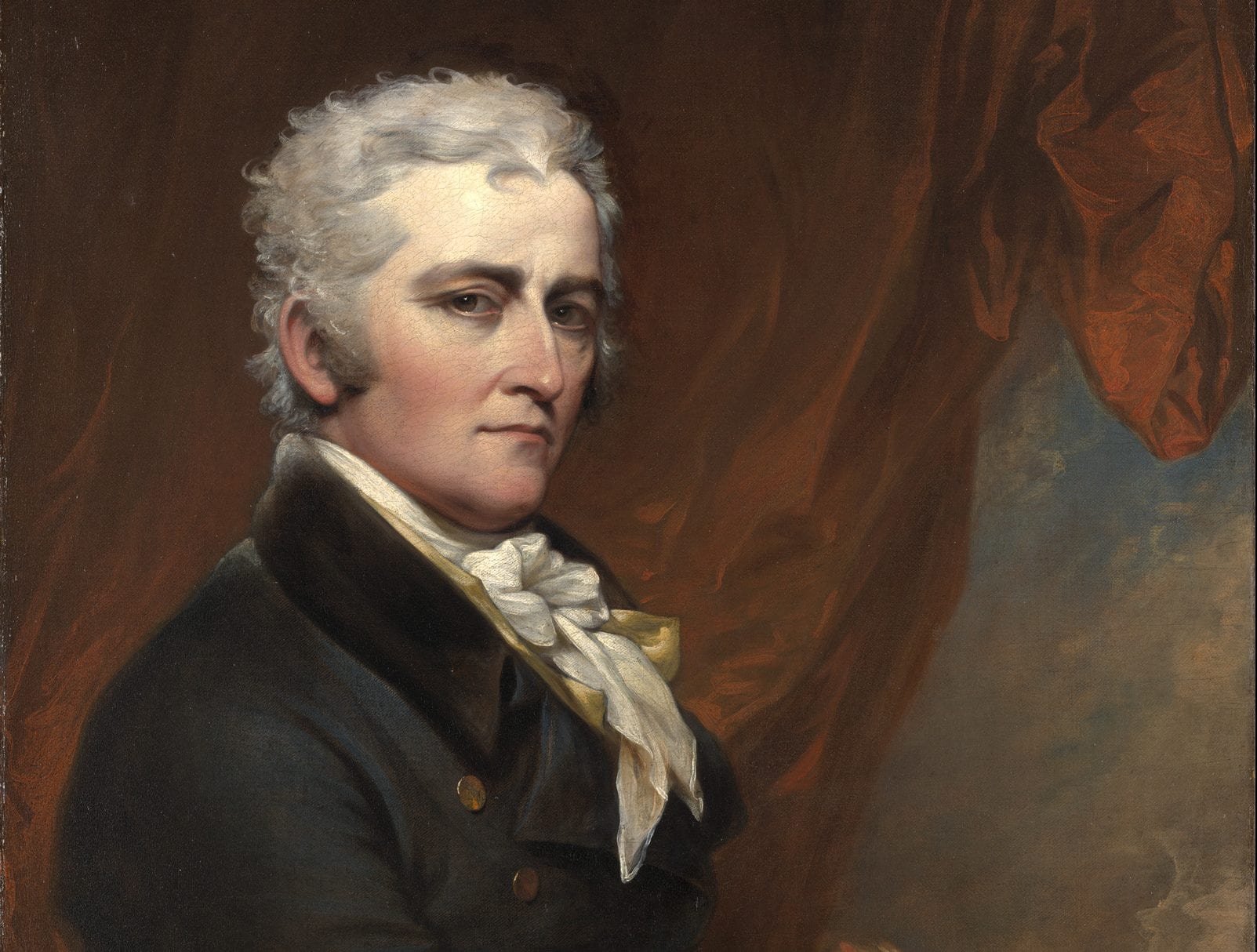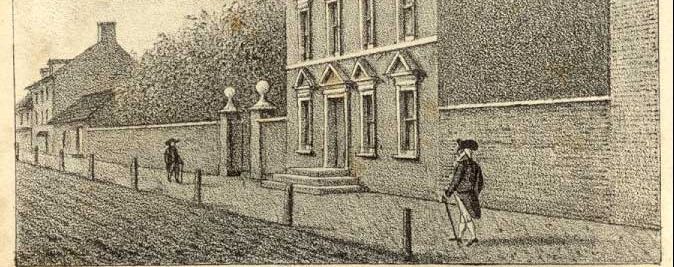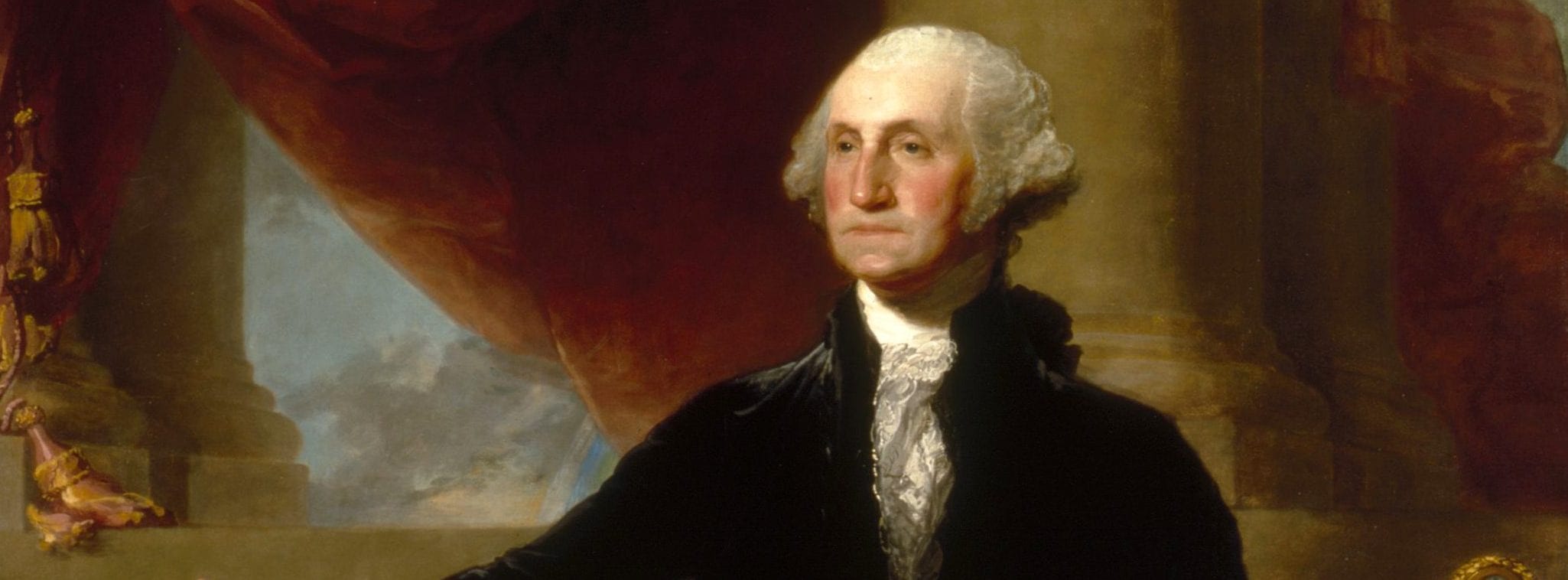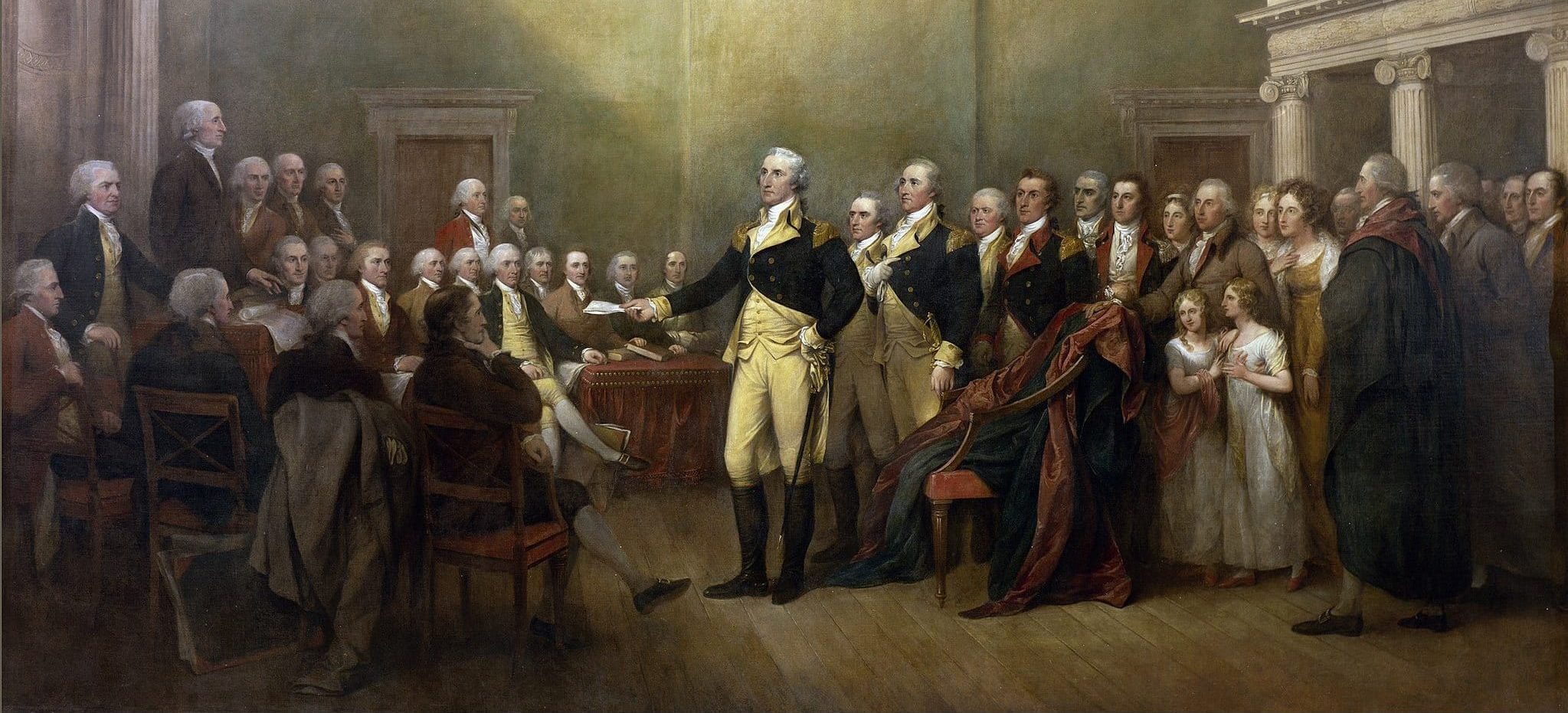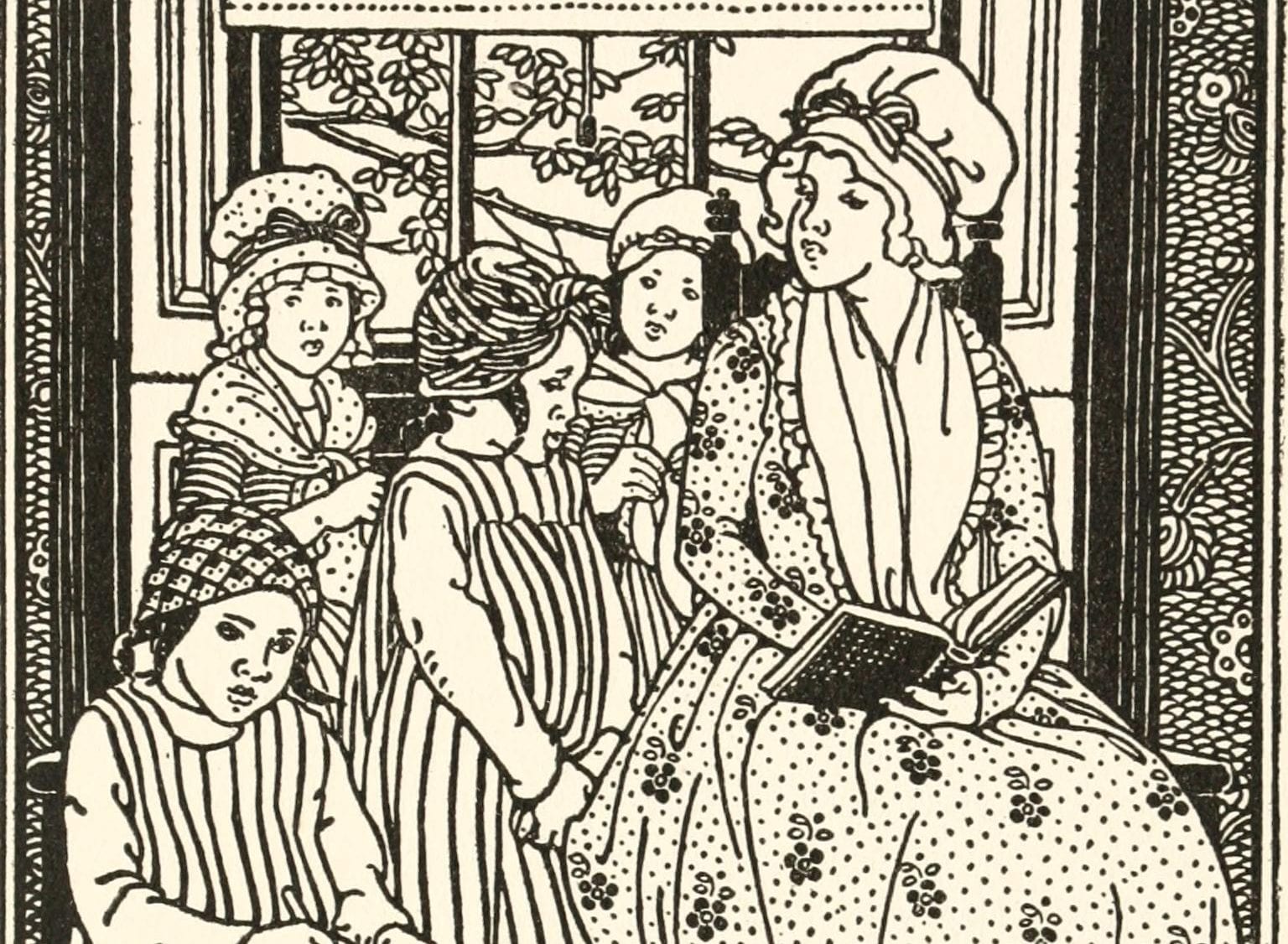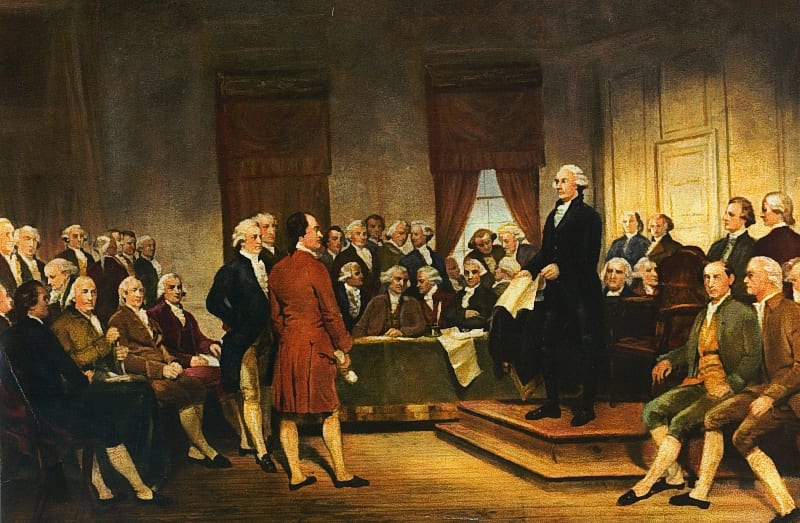
The Convention got through with debating upon the constitution by sections. It was canvassed critically and fully. Every objection was raised against it, which the ingenuity and invention of its opposers could devise. The writer of this account could wish to exhibit to public view, though he is sensible he could do it but imperfectly, the whole of the debates upon this interesting subject; but they would be so exceedingly prolix, that he is obliged to give up any such attempt. Suffice it to say, that all the objections to the constitution vanished, before the learning and eloquence of a Johnson, the genuine good sense and discernment of a Sherman, and the Demosthenian energy of an Ellsworth.
After the Convention had finished debating upon the constitution by sections, Gen. Parsons, in order to bring up the subject for a general discussion, moved the grand question, “That this convention do assent to, ratify and adopt the Constitution reported by the convention of Delegates in Philadelphia on the 17th day of September A. D. 1787 and referred to the determination of this Convention by an act of General Assembly in October last.”
This motion was seconded by Gen. Huntington. Upon the general discussion of the subject, His Excellency Gov. Huntington, expressed himself nearly as follows:
Mr. President, I do not rise to detain this convention for any length of time. The subject has been so fully discussed, that very little can be added to what has been already offered. I have heard, and attended with pleasure to what has been said upon this subject. The importance of it merited a full and ample discussion. It does not give me pain, but pleasure, to hear the sentiments of those gentlemen who differ from me. It is not to be expected from human nature, that we should all have the same opinion. The best way to learn the nature and effects of different systems of government, is not from theoretical dissertations, but from experience, from what has actually taken place among mankind. From this latter source of information it is, that mankind have obtained a more complete knowledge of the nature of government, than they had in ages past. It is an established truth that no nation can exist without a coercive power, a power to enforce the execution of its political regulations. There is such a love of liberty implanted in the human breast, that no nation ever willingly gave up its liberty. If they lose this inestimable birth—right of man, it is from a want not of will, but of the proper means, to support it. If we look into history, we shall find that the common avenue through which tyranny has entered in, and enslaved nations who were once free, has been their not supporting government. The great secret of preserving liberty is to lodge the supreme power so as to be well supported and not abused. If this could only be effected, no nation would ever lose its liberty. The history of mankind clearly shews, that it is dangerous to entrust the supreme power in the hands of one man. The same source of knowledge proves that it is not only inconvenient, but dangerous to liberty, for the people of a large community to attempt to exercise in person the supreme authority. Hence arises the necessity that the people should act by their representatives; but this method, so necessary for the support of civil liberty, is an improvement of modern times. Liberty however is not so well secured as it ought to be, when the supreme power is lodged in one body of representatives. There ought to be two branches of the legislature, that the one may be a check upon the other. It is difficult for the people at large to know when the supreme power is verging towards abuse, and to apply the proper remedy. But if the government be properly balanced, it will possess a renovating principle, by which it will be able to right itself. The constitution of the British nation affords us great light upon the subject of government. Learned men in other countries have admired it, but they thought it too fine spun to prove beneficial in practice. But a long trial has now shewn its excellence; and the difficulties which that nation now experiences, arise not from their constitution, but from other circumstances.
The author of nature has given to mankind a certain degree of insight into futurity. As far as we can see a probability that certain events will happen, so far we do well to provide and guard. But we may attempt to go too far; it is in vain to think of providing against every possible contingency. The happiness of civil society depends not merely upon their constitution of Government, but upon a variety of circumstances. One constitution may suit one particular nation exceedingly well; when a different one would suit another nation in different circumstances. Even among the American States there is such a difference in sentiments, habits, and customs, that a government, which would be very suitable for one, might not be agreeable to another.
I am fully of opinion, that the great council of the union must have a controuling power with respect to matters of national concern. There is at present an extreme want of power in the national government; and it is my opinion that this constitution does not give too much. As to the subject of representation, at first view it appears small; but upon the whole, the purposes of the union could not be so well answered by a greater number. It is impracticable to have the numbers of the representation as great, and the times of electing as frequent, as they are in our State Governments. Nor is this necessary for the security of liberty. It is sufficient, if the choice of representatives be so frequent, that they must depend upon the people, and that an inseparable connection be kept up between the electors and elected.
The state governments, I think, will not be endangered by the powers vested by this constitution in the general government. While I have attended in Congress, I have observed, that the members were quite as strenuous advocates for the rights of their respective states, as for those of the union. I doubt not but this will continue to be the case, and hence I infer that the general government will not have the disposition to encroach upon the states. But still the people themselves must be the chief support of liberty. While the great body of the freeholders are acquainted with the duties which they owe to their God, to themselves, and to men, they will remain free. But if ignorance and depravity should prevail, they will inevitably lead to slavery and ruin. Upon the whole view of this constitution, I am in favour of it, and think it bids fair to promote our national prosperity.
This is a new event in the history of mankind.—Heretofore, most governments have been formed by tyrants, and imposed on mankind by force. Never before did a people, in time of peace and tranquility, meet together by their representatives, and with calm deliberation frame for themselves a system of government. This noble attempt does honour to our country. While I express my sentiments in favour of this constitution, I candidly believe that the gentlemen who oppose it, are actuated by principles of regard to the public welfare. If we will exercise mutual candour for each other, and sincerely endeavour to maintain our liberties, we may long continue to be a free and happy people.
Governor Wolcott. Mr. President, I do not expect to throw any new light upon a subject which has been so fully discussed. Yet I cannot content myself without giving my opinion more explicitly than by a silent vote. It is generally agreed, that the present confederation is inadequate to the exigencies of our national affairs. We must therefore adopt this plan of government or some other, or risk the consequences of disunion. As the present articles of confederation are inadequate, we ought to consider whether this constitution be as good as can be agreed on by so many different States, or whether it be a dangerous system; whether it secures the liberties of the people, or whether its tendency be unfavourable to the rights of a free people. I have given it all the consideration in my power; I have a considerable time since made up my mind upon it; and I think it my duty to give my voice in favour of adopting it. It is founded upon the election of the people. If it varies from the former system, or if it is to be altered hereafter, it must be with the consent of the people. This is all the security in favour of liberty, which can be expected. Mankind may become corrupt, and give up the cause of freedom; but I believe, that love of liberty which prevails among the people of this country, will prevent such a direful calamity.
This constitution effectually secures the States in their several rights. It must secure them for its own sake, for they are the pillars which uphold the general system. The Senate, a constituent branch of the general Legislature, without whose assent no public act can be made, are appointed by the States, and will secure the rights of the several States. The other branch of the Legislature, the representatives, are to be elected by the people at large. They will therefore be the guardians of the rights of the great body of the citizens. So well guarded is this constitution throughout, that it seems impossible, that the rights either of the States or of the people should be destroyed.
I do not see the necessity of such a Test as some gentlemen wish for. The constitution enjoins an oath upon all the Officers of the United States. This is a direct appeal to that God who is the avenger of perjury. Such an appeal to him is a full acknowledgment of his being and providence. An acknowledgment of these great truths is all that the gentlemen contend for. For myself, I should be content either with or without that clause in the constitution which excludes Test—Laws. Knowledge and liberty are so prevalent in this country, that I do not believe that the United States would ever be disposed to establish one religious sect, and lay all others under legal disabilities. But as we know not what may take place hereafter, and any such test would be exceedingly injurious to the rights of free citizens, I cannot think it altogether superfluous to add a clause which secures us from the possibility of such oppression. I shall only add, that I give my assent to this constitution; and am happy to see the States in a fair way to adopt a system which will protect their rights, and promote their welfare.
Mr. Law. Mr. President, the important subject before us has been examined so particularly, that I do not expect to add any thing new. As we have been a long time poring upon the defective parts of this constitution, I think it will not be amiss to pay some attention to its excellencies. There is one clause in it which provides a remedy for whatever defects it may have. The clause to which I refer, is that which provides that, whenever two thirds of congress, or a convention to be called at the instance of two thirds of the states, shall propose amendments, and they be agreed to by three fourths of the states, such amendments shall be valid as part of the constitution. This is an easy and peaceable way of amending any parts of the constitution which may be found inconvenient in practice.
As this is a most important question, as it concerns not only present but future generations, we ought to consider it upon its real merits, without suffering our minds to be misled, by examples of other nations whose circumstances are very different from ours. Some have been lead into a mistake by comparing a part of this constitution with that of Great—Britain. But this is very different from theirs. Our President is not a King, nor is our Senate a house of Lords. They do not claim an independent hereditary authority. But the whole is elective; all are dependent upon the people. The President, the Senate, the Representatives, are all creatures of the people. Therefore the people will be secure from oppression: though I admit, that, if our President and Senate possessed an independent hereditary authority, the democratical branch would be too weak for the others.
Some suppose that the general government, which extends over the whole, will annihilate the state governments. But we ought to consider that this general government rests upon the State governments for its support. It is like a vast and magnificent bridge built upon thirteen strong and stately pillars: now the rulers, those who occupy the bridge, cannot be so beside themselves as to knock away the pillars which support the whole fabrick. But some say, a free government like this has not energy enough to pervade a country of such vast extent. We are not satisfied with this assertion; we want to try [the] experiment. A free system of government now presents itself for our acceptance: we shall be wanting to ourselves, if, instead of adopting it, we wait for the arm of tyranny to impose upon us a system of despotism. The finger of Providence is evidently to be seen in the political affairs of this country. The old articles of confederation were once the best that we should have been willing to adopt. We have been led on by imperceptible degrees to see that they are defective; and now, if it be the design of providence to make us a great and happy people, I believe, that he who turns the hearts of the children of men, as the rivers of water are turned, will induce the people of the United States to accept of a constitution, which is so well calculated to promote their national welfare.
Several other gentlemen likewise offered their sentiments upon this important question; and after every thing which any member had to offer upon the subject had been heard with that candour and attention, which was becoming in an Assembly convened to decide upon the fate of an empire, the question was put upon the motion of Gen. Parsons; upon which the Yeas and Nays being called for, were as follows.

Conversation-based seminars for collegial PD, one-day and multi-day seminars, graduate credit seminars (MA degree), online and in-person.




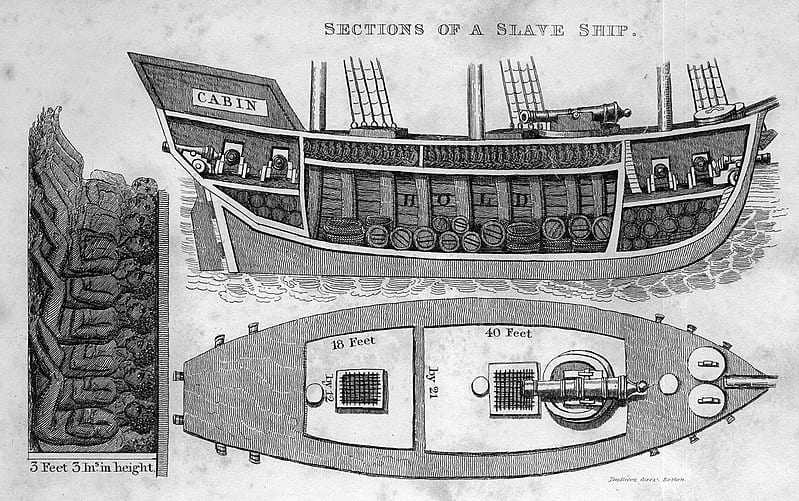






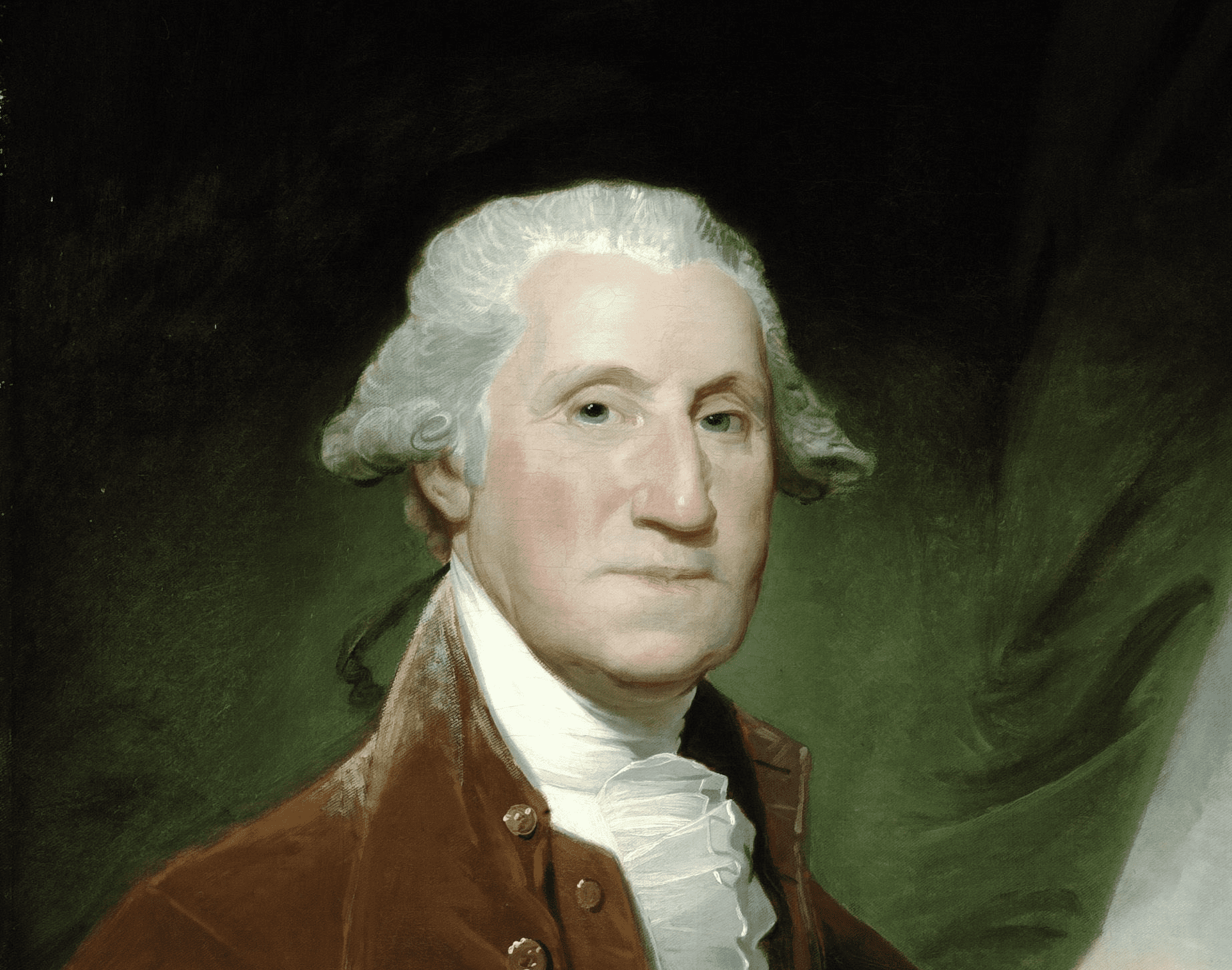















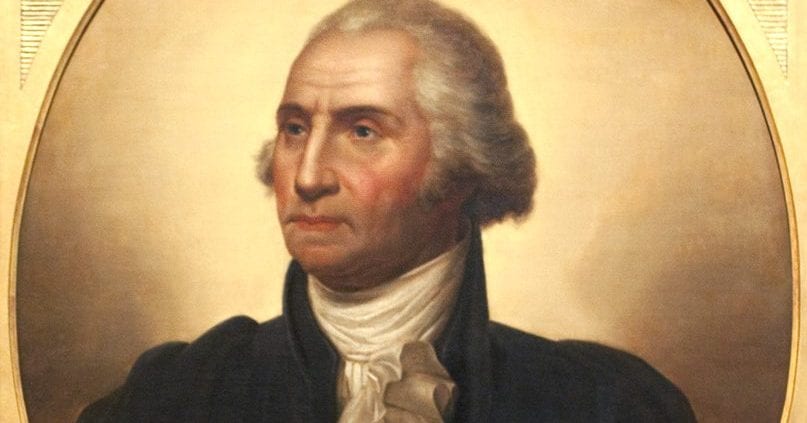
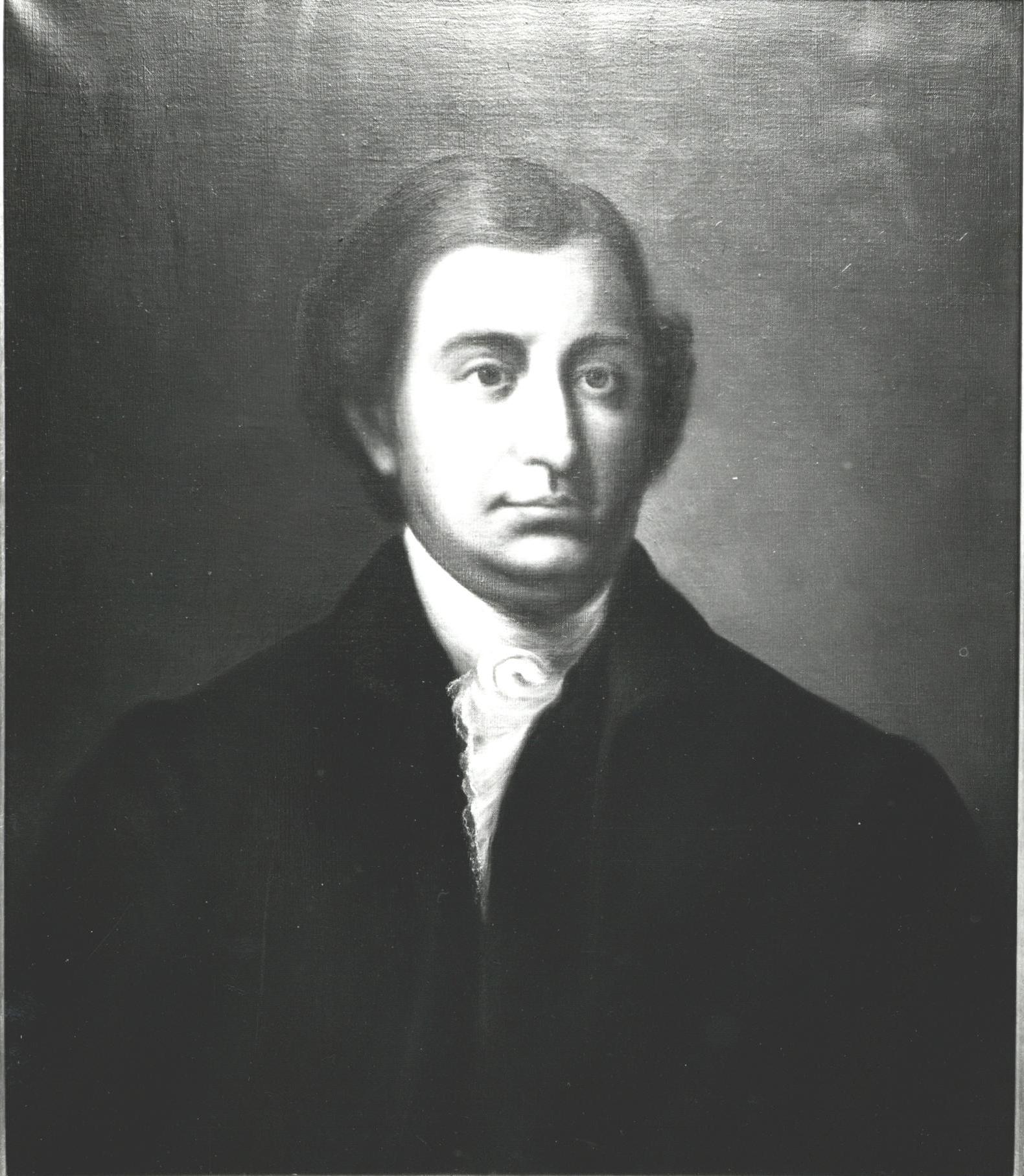
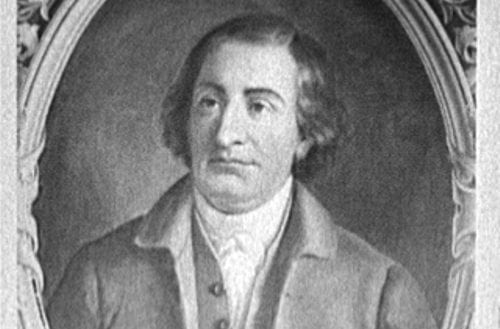
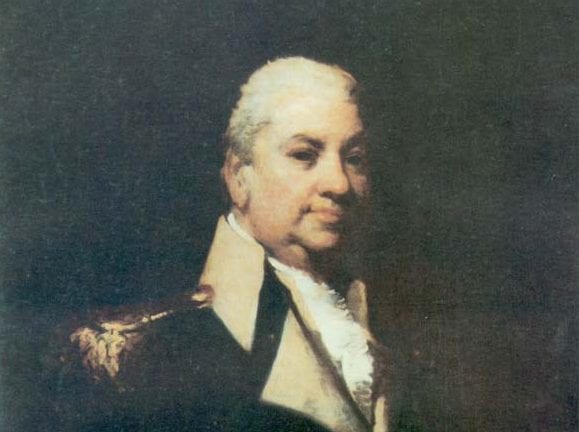




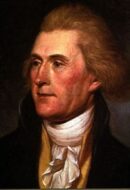













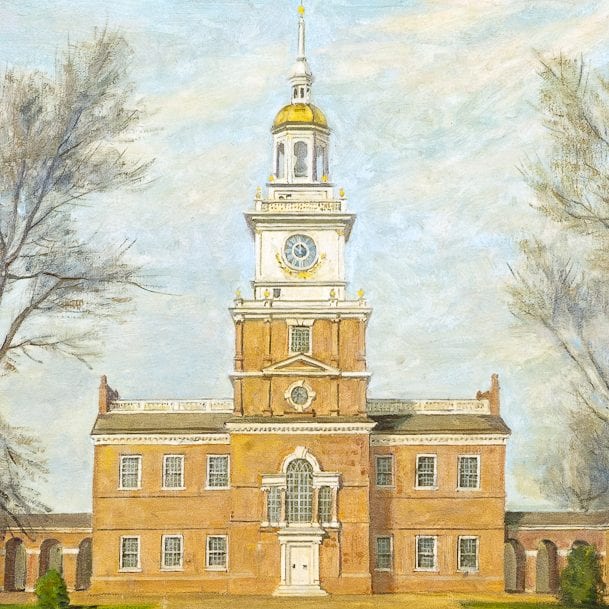

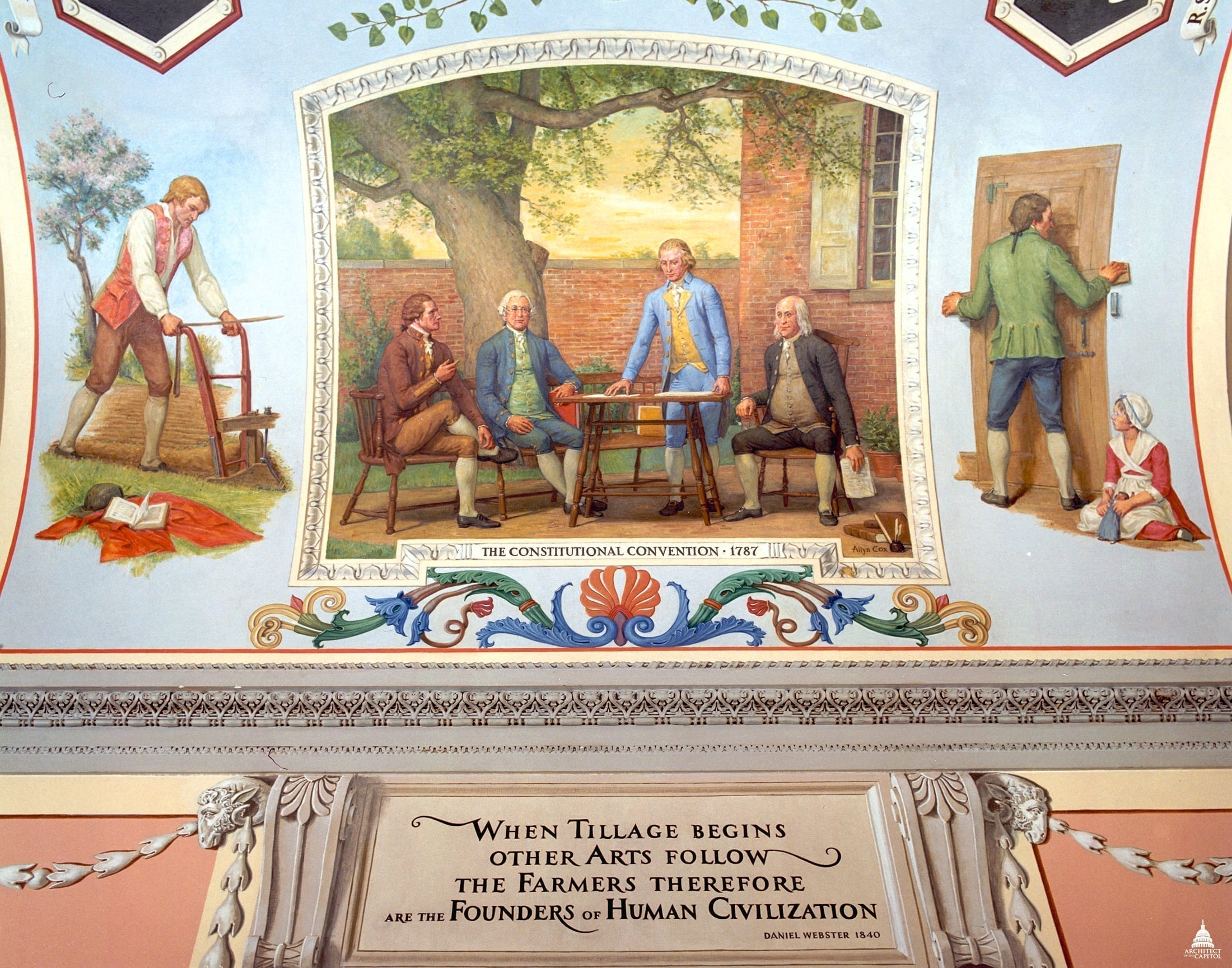

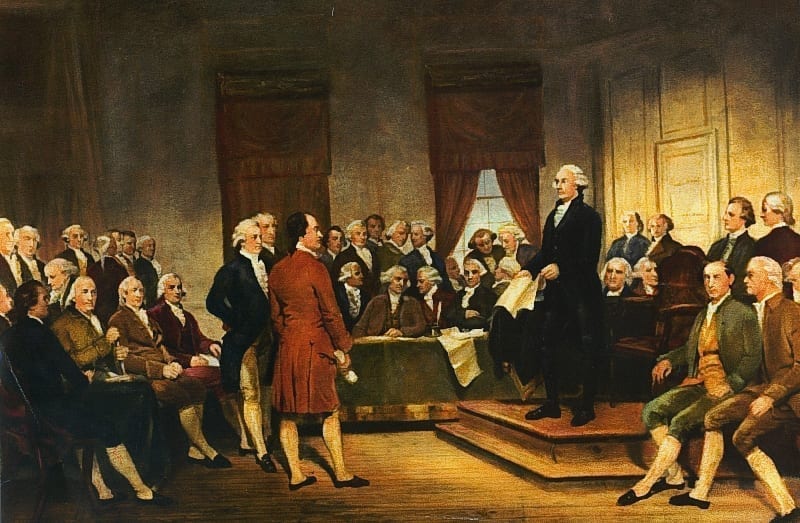


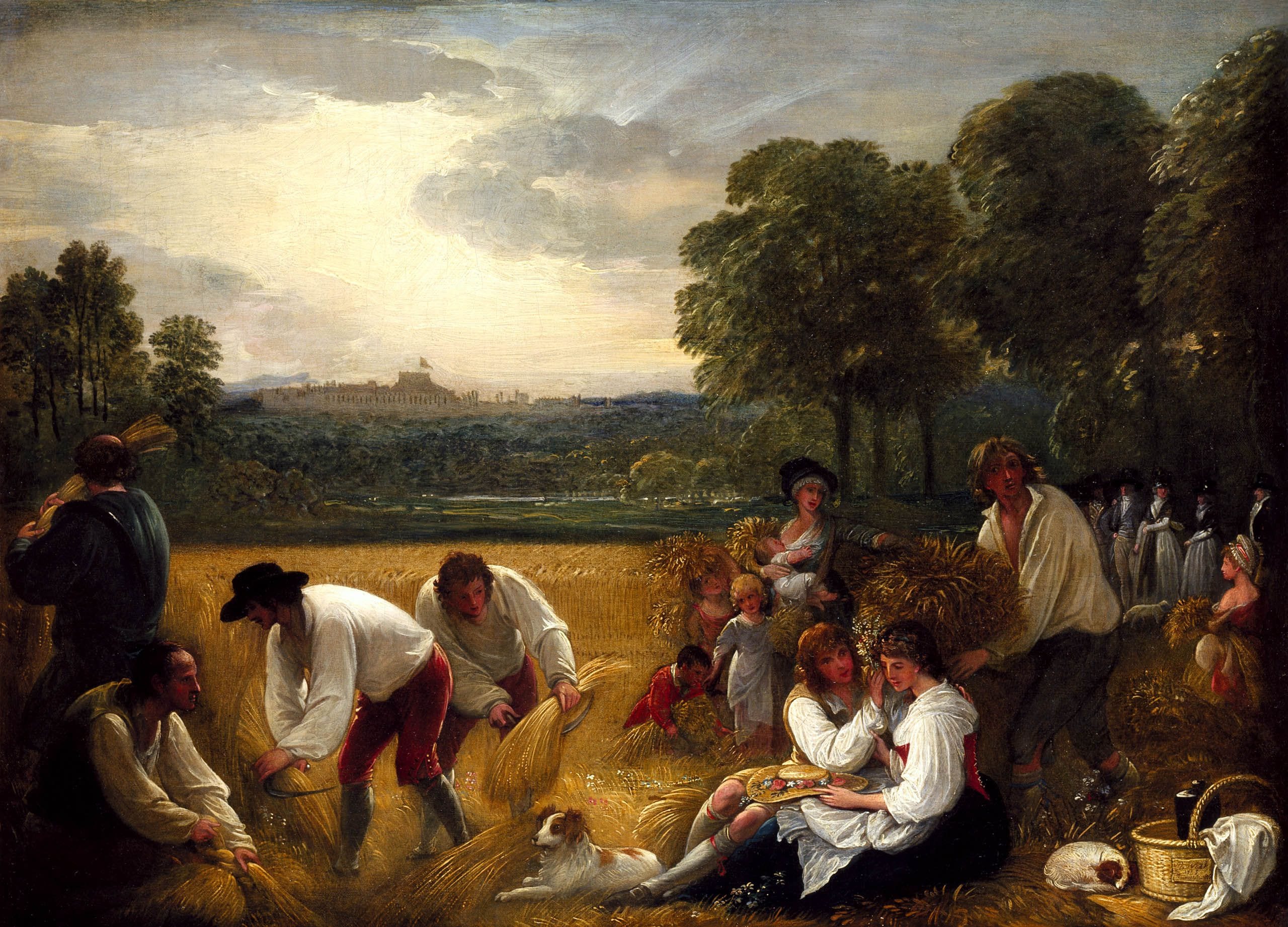


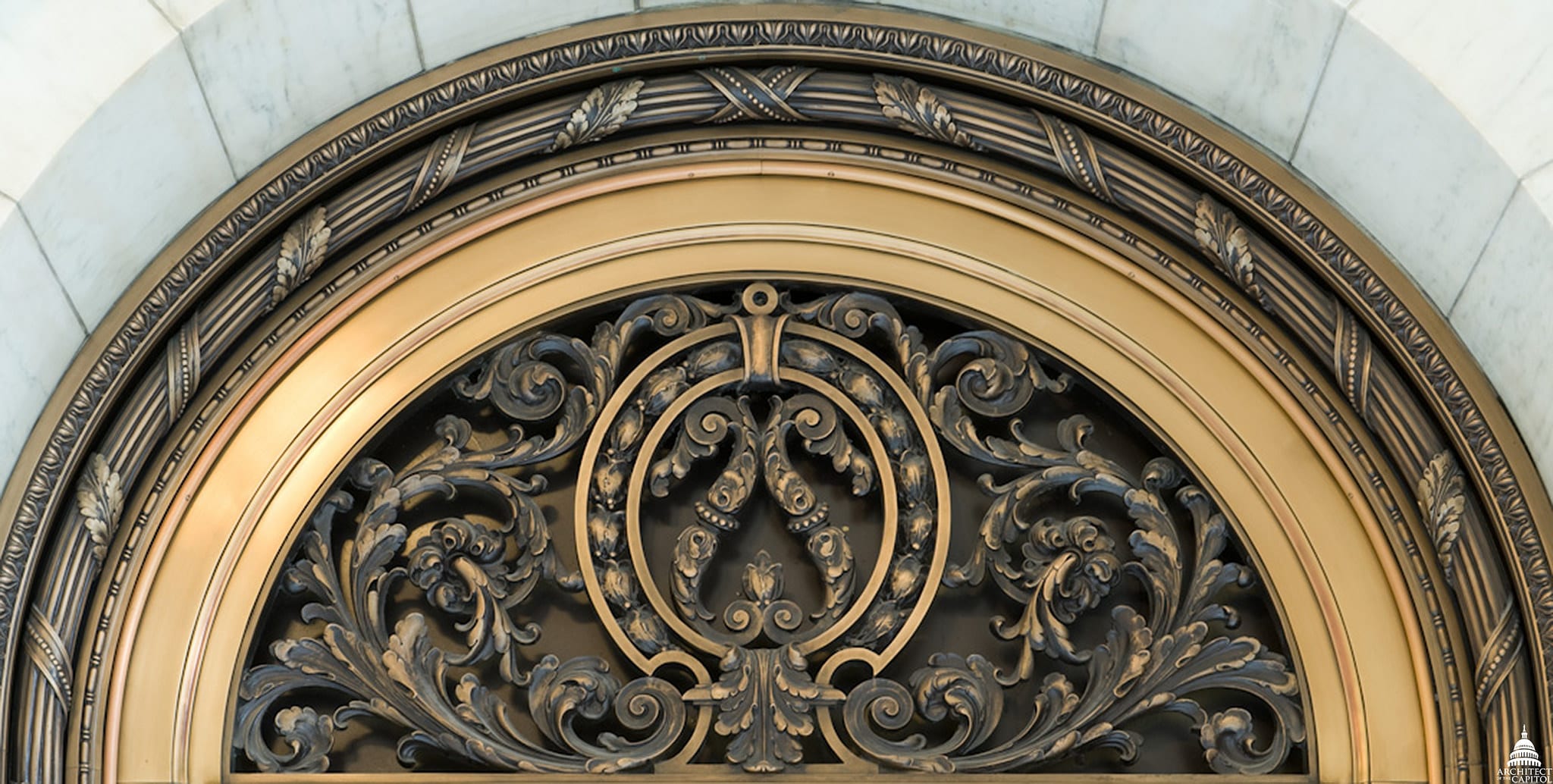













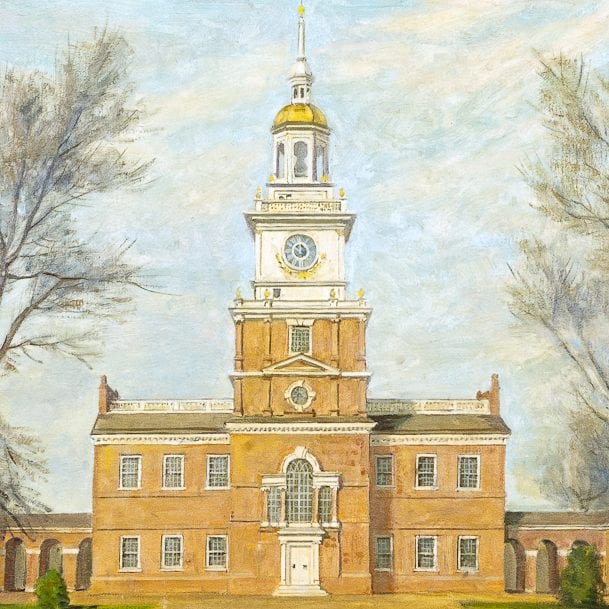
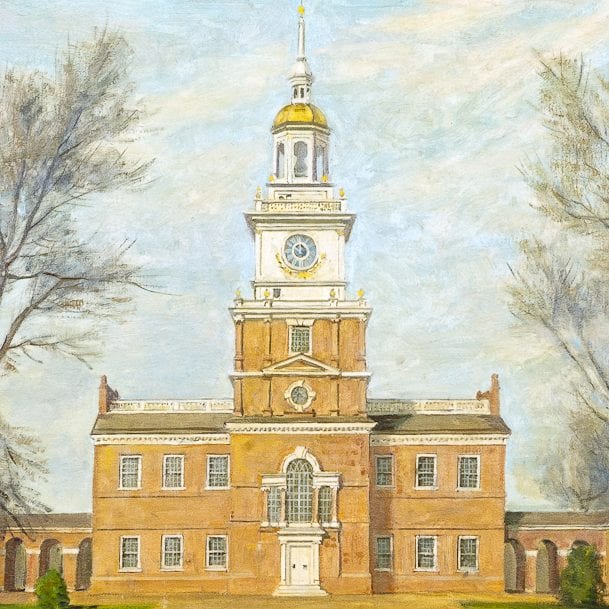






































































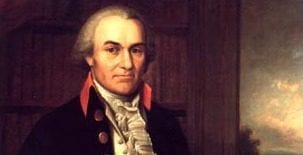



























![Finley, A. (1829) Pennsylvania. Philada. [Map] Retrieved from the Library of Congress, https://www.loc.gov/item/98688548/.](/content/uploads/2024/02/Map-of-PA--273x190.jpg)





















